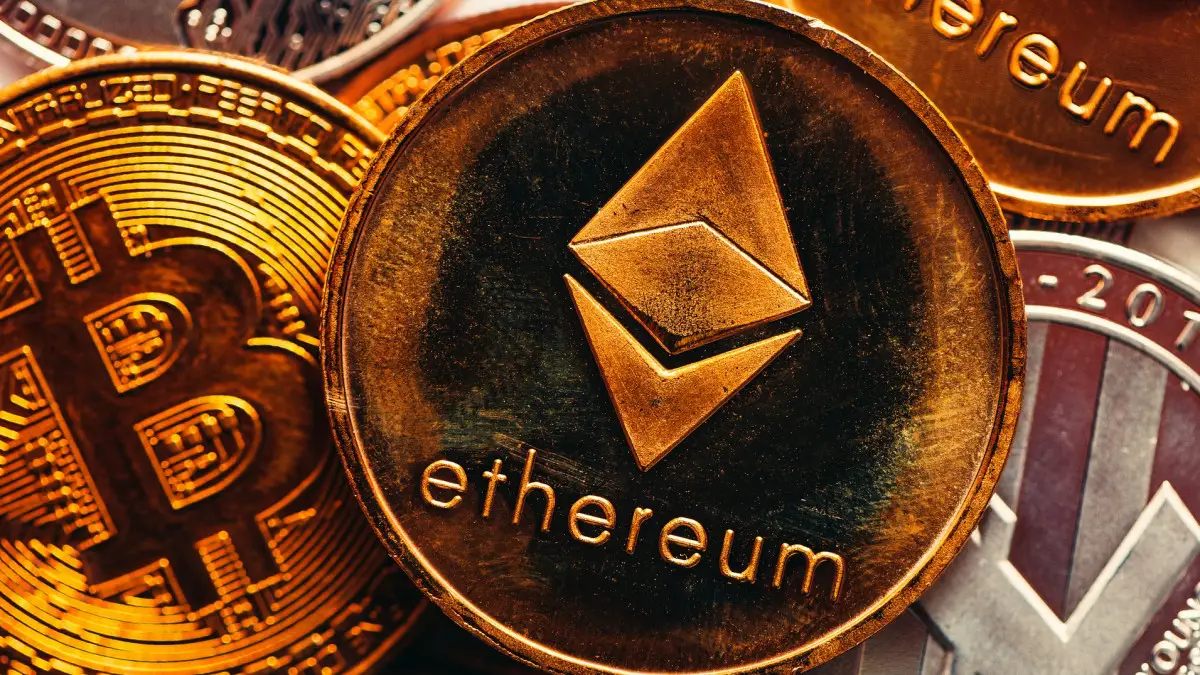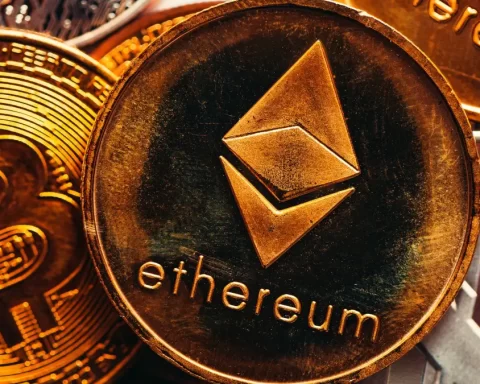Ethereum developers have introduced a new Ethereum Improvement Proposal, EIP-7732, aimed at overhauling the block validation process to enhance blockchain speed and efficiency.
EIP-7732 proposes significant changes by dividing block validation into two distinct processes: consensus and execution.
This move is in response to the growing demand for improved efficiency on the Ethereum blockchain, aligning with Ethereum co-founder Vitalik Buterin’s push for faster transaction confirmation times.
A core element of EIP-7732 is the Enshrined Proposer-Builder Separation (EPBS).
This process divides block creation between the consensus proposer and the execution proposer.
The consensus proposer selects an execution proposer, who then commits to producing a valid block containing essential information, such as a payment or block hash, for the proposer.
To ensure the execution proposer fulfills their commitment, a group of validators known as the Payload Timeliness Committee (PTC) oversees the timely submission of the promised block.
By separating the consensus and execution layers, EIP-7732 aims to reduce the computational load on validators, thereby increasing network efficiency and speed.
Currently, the Ethereum blockchain requires validators to perform both roles within a short timeframe, potentially leading to inefficiencies and delays.
EPBS allows validators to immediately focus on validating consensus while deferring execution validation to a later time without compromising network performance and security.
This proposed solution also includes a trust-free exchange between builders and proposers, ensuring payment and inclusion of valid blocks without the need for middleware.
Vitalik Buterin highlighted the importance of fast transaction confirmation times in a post on June 30, stating, “One of the important properties of a good blockchain user experience is fast transaction confirmation times.”
Following the transaction fee revamp by EIP-1559 and steady block times post-Merge,
Ethereum’s transaction confirmation time has reduced to between five and 20 seconds.
However, some applications require even faster speeds, beyond the current 12-second Gasper consensus mechanism.
EIP-7732 promises faster transaction speeds, but it may necessitate another hard fork with backward-incompatible changes.
As discussions around EIP-7732 continue, the Ethereum community remains hopeful for these proposed improvements.
To submit a crypto press release (PR), send an email to sales@cryptointelligence.co.uk.




